Advanced Auditing & Professional Ethics
- CA Khushi Shah . 1618+ Reads
Auditing Standards- 18 marks
- This is the most asked chapter in Audit. SA’s are easy, short, and simple to remember so do not get worked up looking at the number of SA’s. The marks allocated is higher as compared to the length of the chapter.
- Quoting SA Names in the examination is a MUST to get 1-2 marks & impress the examiner.
- Make Charts for SAs for quick revision. Self-made charts will improve your concepts and make revision quicker.
- Solve practice questions after completing a particular series of SAs. Identification of SA in a question is very important.
- Following are the important SAs-
- SA 230- Audit Doumentation
- SA 240- The Auditor’s Responsibility Relating to Fraud in an Audit of Financial Statements
- SA 320- Materiality in Planning and Performing an Audit
- SA 500- Audit Evidence
- SA 530- Audit Sampling
- SA 700- Forming an Opinion and Reporting on Financial Statements
- SA 701- Communicating Key Audit Matters in the
- Independent Auditor’s Report
- SQC 1- Quality Control for Firms that Perform Audits and Reviews of Financial Statement and Other Assurance and Related Services Engagements
Professional Ethics- 11 marks
- Professional Ethics is usually asked as a case scenario-based question in the exam. Try to practice maximum questions from previous papers, RTP and MTPs to get hang of the type of questions asked in the exam.
- The Schedule Name & Number should be quoted in the exam. Use Mnemonics to co-relate schedule number and names.
- The questions are confusing, it gets difficult to allocate the schedule to the answer, sometimes it could be more than one, on the safe side always quote all schedules which you think the answer pertains to.
- The Following types of questions are popular in
- Schedule 1 Part I Clause 2
- Schedule 1 Part I Clause 6
- Schedule 1 Part I Clause 11
- Schedule 2 Part I Clause 7
Audit of Banks, NBFC’s & Insurance Companies- 8 marks
- The difficulty here is that general points cannot be used while writing the answer, so even if you do not know certain audit procedures you cannot assume it. Knowing specific points is very important.
- This chapter is very vast but also has good weightage. Do the headings of all answers and mark important points in each heading. During revision read only that much to save time.
- The following types of questions are asked in exams-
- Audit Procedures for NPAs
- Audit Procedure for Insurance Claims
- Basel Framework for NBFCs
Audit of Limited Companies- 7 marks
- Audit of Limited Companies is considerably a very easy chapter as everyone has done at least a small amount of it practically during articleship.
- Reporting under CARO is very important and should be studied properly, it is easy marks to attain.
- Quote section numbers to impress the examiners. This will help you while studying for Law too hence while studying company audit a part of your law portion should be covered too.
- Important types of questions-
- Eligibility, Qualifications and Disqualifications of an Auditor
- Powers, Rights & Duties of Auditors
- Ceiling on Number of Audits
Audit Planning, Strategy & Execution- 6 marks
- In this chapter you can relate the question to a lot of SAs while writing the answer. While practicing questions from this chapter from RTP, MTP and Past Papers write the SA against the question, this will help in recollection and revision.
- This chapter is process based. Make charts to remember the steps.
- Important questions from this chapter-
- Overall Audit Strategy and Audit Plan - Responsibility of the Auditor
- Audit Programme
- Documenting the Audit Plan
- Risk & Control Evaluation



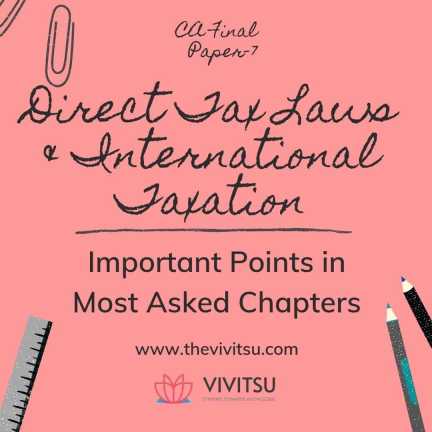
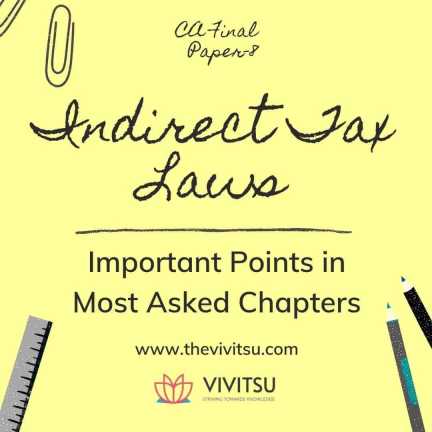
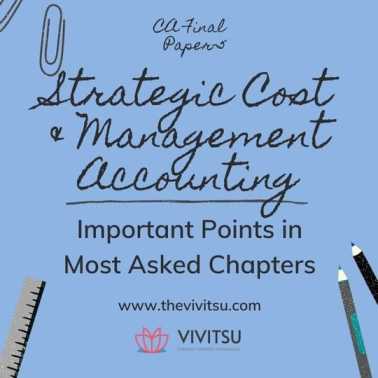
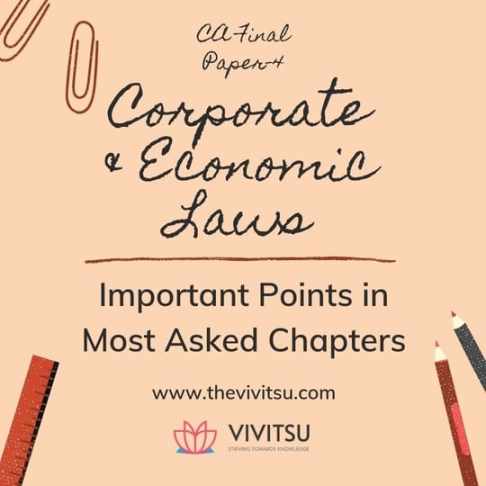

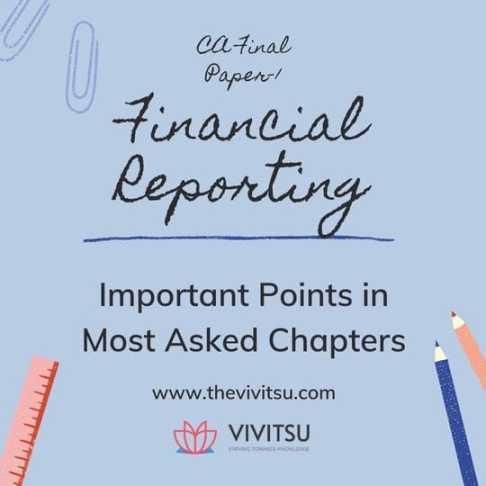








.jpg)










